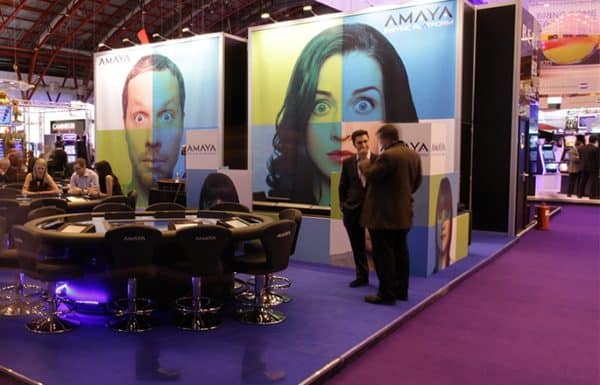
CEO David Baazov said he expects the growth to continue this year: “This was the first year in which we gained real traction in the government solutions vertical.” he said, adding: “Looking ahead, we see additional opportunities in the public sector, as more governments — including several in North America — are considering the expansion of regulated gaming activities in their jurisdictions. Even on the strength of the existing contracts we have already deployed or are in the process of implementing, we are very well positioned for continued rapid growth in 2012.”
______________________________________________________________________________________________________________________
This story is brought to you by Serenic (TSXV:SER). Serenic’s market cap of $3.18 million (as of January 27th, 2012) was less than its cash position of $4.03 million (as of Q2, 2012). The company has no debt. Click here for more information.
______________________________________________________________________________________________________________________
In an era where many tech boards are fending off lowball takeover bids, Amaya Gaming has almost singlehandedly consolidated a tiny Canadian gaming tech space with aggressive acquisitions. The company acquired struggling Calgary-based Chartwell Technologies in July for just under $23 million, and followed that with the December pickup of Cryptologic, a company founded in 1995 by brothers Andrew and Mark Rivkin that became one of the world’s largest online gaming platform providers. Cryptologic, like Chartwell was facing headwinds; the company’s revenue fell from more than $73 million in 2007 to just $26 million in fiscal 2010.
Amaya Gaming, which was founded in 2004 and IPO’d on the TSX Venture Exchange in July of 2010, has in the past designed electronic table games that allow players to remotely play Majong, bingo or horse racing. But the company vaulted to public attention early in 2011 when it secured a license from the Betting Control and Licensing Board of Kenya to operate on-line gaming. Amaya’s SMS Lotteries allow users to purchase lottery tickets from their phones and charge directly to the users mobile account. The Kenyan license came on the heels of similar agreements in Uganda and the Dominican Republic.
Shares of Amaya Gaming closed today down .3% to $3.14
______________________________________________________________________________________________________________________
_______________________________________________________________________________________________________________________
Leave a Reply
You must be logged in to post a comment.






 Share
Share Tweet
Tweet Share
Share




Comment